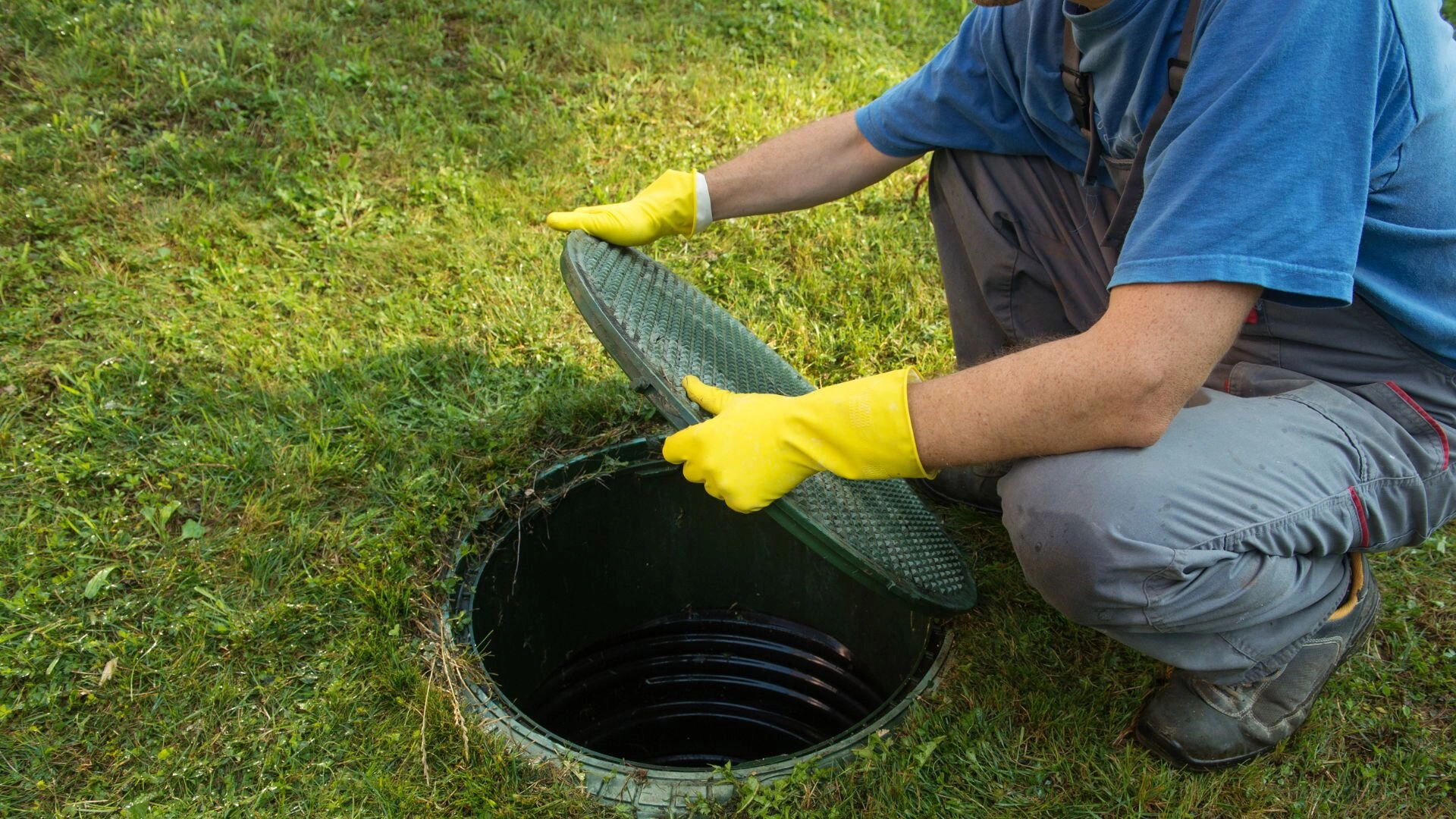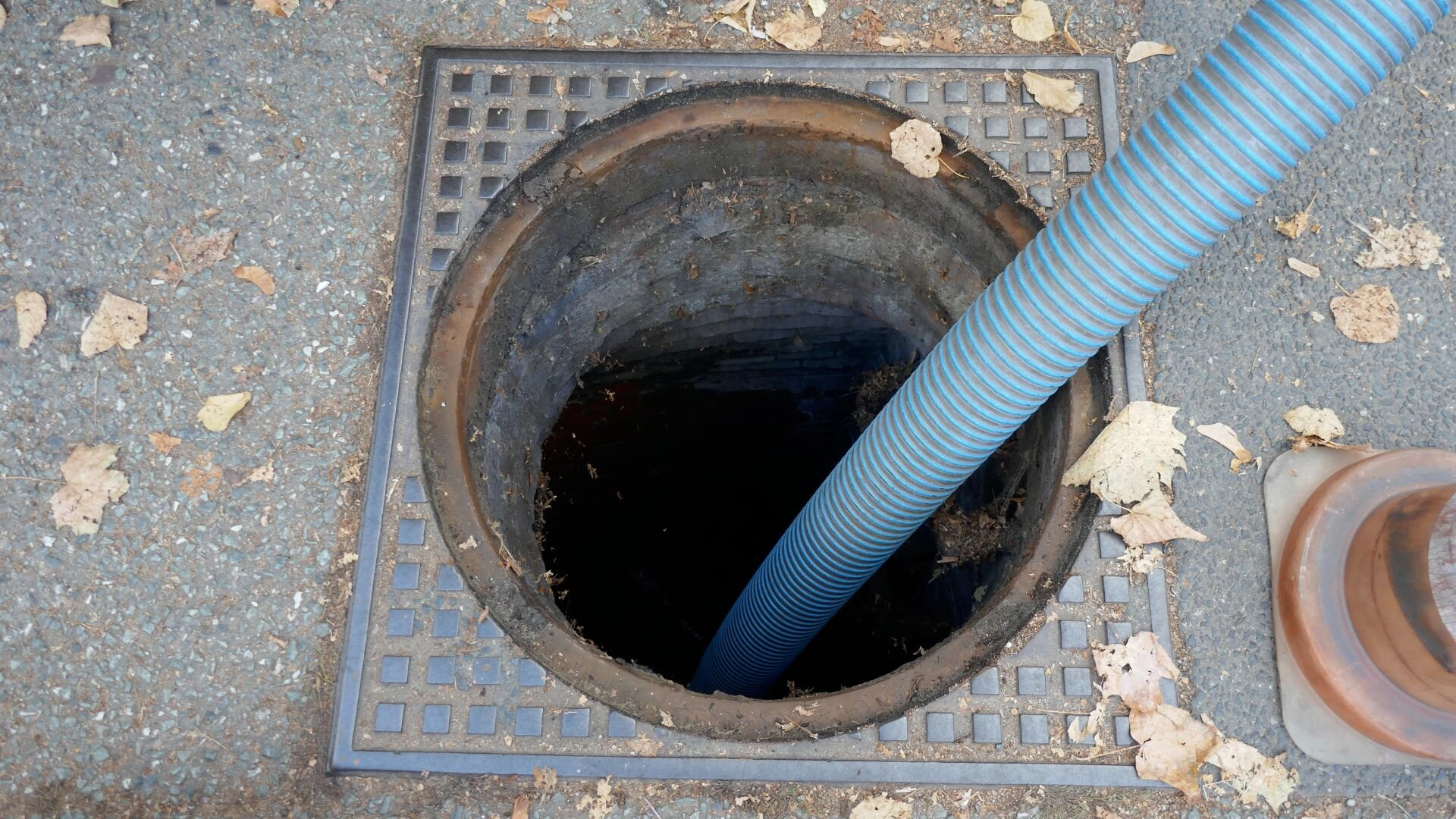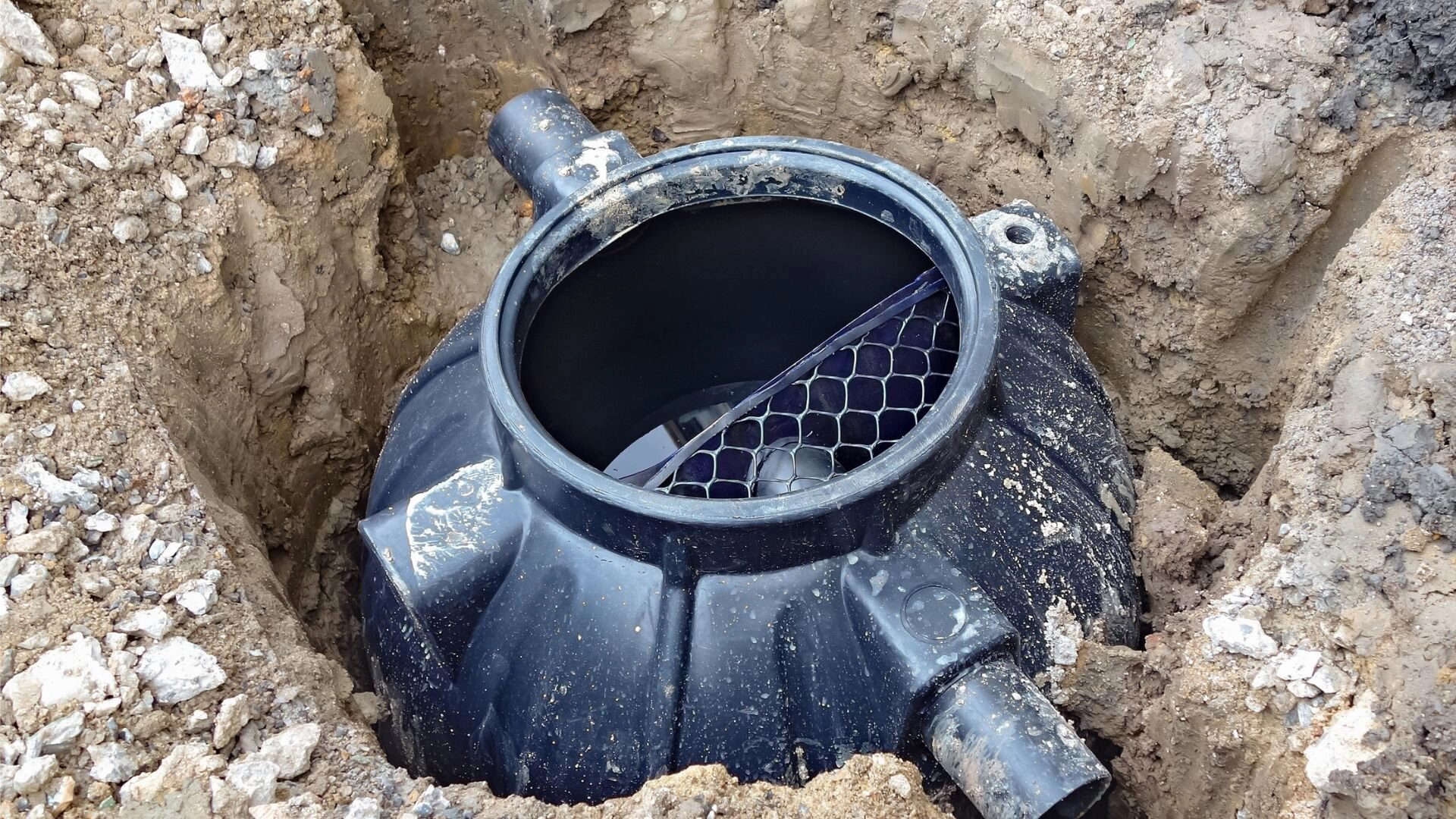Sewage Tank Maintenance to Avoid Disasters
Proper sewage tank maintenance is essential to prevent emergencies and avoid costly repairs. Explore the best practices for maintaining your sewage system and ensuring its long-term efficiency.
How often do you think about the hidden costs of a sewage tank emergency? Regular maintenance is crucial to avoid these costly and inconvenient issues. Proper upkeep of sewage systems extends their lifespan and prevents environmental hazards and health risks.
In this blog, we’ll explore the benefits of routine sewage tank maintenance, discuss common problems that arise from neglect, and provide practical tips for keeping your system in top condition. Stay tuned to learn how simple preventive measures can save you money and stress.
Exploring Sewage Tanks
Sewage tanks are essential for waste management, as they collect and treat wastewater from homes and businesses. They play a crucial role in breaking down solid waste, allowing liquids to safely disperse into the surrounding soil. Common types include septic tanks, typically used in residential areas and larger-scale systems like aerobic treatment units found in commercial settings.
Septic tanks rely on natural processes to separate solids and liquids, while aerobic units use oxygen to enhance the breakdown of waste. Knowing your tank type is vital for effective maintenance, as each system requires specific care to function optimally.
Regular inspections and upkeep can prevent costly repairs and ensure a healthier environment. Understanding your sewage tank’s needs is the first step toward efficient waste management and long-term savings.

Regular Inspection: A Key Preventive Measure
Regular inspections are crucial in preventing sewage tank emergencies. You can avoid costly repairs and environmental hazards by identifying potential issues early.
What Does an Inspection Involve?
A typical inspection involves a thorough check of the tank and its components. Inspectors look for leaks and cracks, which can lead to significant damage if left unchecked. They also assess for blockages that might cause overflow or backups. These issues, if not addressed timely, can escalate into major emergencies.
Importance of Professional Inspections
While homeowners can do some checks, professional inspections are essential. Experts have the tools and experience to identify subtle signs of trouble that an untrained eye might miss.
They can detect structural weaknesses and assess the efficiency of the waste breakdown process. Engaging professionals ensures issues are addressed before they become serious, safeguarding your property and the environment.
Cleaning and Pumping Schedule
Maintaining a consistent cleaning and pumping schedule for sewage tanks is essential to ensure their efficiency and longevity. Regular maintenance prevents buildup of solids, which can lead to blockages, overflows, and costly repairs.

Recommended Frequency
The frequency of cleaning and pumping depends on the size of the tank and its usage. For a typical residential septic tank, servicing every 3 to 5 years is recommended . However, larger tanks or those with higher usage, such as in commercial settings, may require more frequent attention—possibly every 1 to 2 years.
Tips for Scheduling
To stay on track, consider setting reminders or scheduling appointments well in advance. Coordinating with a reliable service provider can help ensure timely maintenance. It’s also useful to keep records of past services to better anticipate future needs.
Adhering to a regular schedule not only prevents emergencies but also extends the life of your sewage system. Consistent cleaning helps maintain efficiency, reduces the risk of unpleasant odours, and protects the environment by preventing leaks and contamination. Following a routine can avoid unexpected costs and ensure a healthy system.
Proper Waste Disposal Practices
Improper waste disposal can significantly impact the efficiency and lifespan of sewage tanks. Flushing inappropriate items can lead to blockages, overflows, and costly repairs.
What Not to Flush or Drain
To protect your sewage system, avoid flushing items like wipes, sanitary products, and paper towels. These materials do not break down easily and can cause blockages.
Avoid pouring fats, oils, and grease down the drain, as they can solidify and create clogs. Chemical cleaners and medications should also be kept out of the system to prevent damage to the tank’s natural processes.
What Is Safe to Flush or Drain
Only human waste and toilet paper should be flushed . When it comes to drains, stick to biodegradable soaps and detergents.
Educating Household Members
Educating everyone in the household about proper disposal practices is crucial. Awareness ensures that everyone contributes to maintaining the system’s health. Simple reminders, like signs near toilets and sinks, can reinforce good habits.
By following these guidelines, you can extend the life of your sewage system, reduce maintenance costs, and prevent environmental damage. Proper waste disposal keeps your system running smoothly and efficiently.
Monitoring Water Usage
Excessive water usage can strain sewage systems, leading to overflows and reduced efficiency. When too much water enters the system, it can prevent waste from breaking down properly and increase the risk of blockages.
Practical Advice for Reducing Water Usage
- Fix Leaks Promptly : Even small leaks can add up, so ensure taps and toilets are in good repair.
- Install Water-Saving Fixtures : Low-flow showerheads and dual-flush toilets can significantly reduce water use.
- Be Mindful of Laundry and Dishwashing : Run these appliances only with full loads to minimise water waste.
Tools and Devices
- Water Meters : Installing a water meter can help you track and monitor your household’s water consumption.
- Smart Irrigation Systems : These can adjust watering schedules based on weather conditions, reducing unnecessary outdoor water use.
- Leak Detectors : These devices alert you to leaks early, helping to prevent excessive water waste.
Monitoring and managing water usage can alleviate stress on your sewage system, prolong its lifespan, and contribute to water conservation efforts. Implementing these practices helps maintain appropriate water levels and reduces your environmental footprint.
Recognising Warning Signs of Trouble

Being aware of warning signs can help prevent serious sewage tank issues. Common indicators include:
- Slow Drains : If sinks, showers, or toilets are draining slowly, it could signal a blockage or full tank.
- Foul Odours : Unpleasant smells around the tank or drains often indicate a problem with waste breakdown.
- Unusual Noises : Gurgling sounds in plumbing can suggest airflow issues or blockages.
It’s crucial to take immediate action when these signs appear. Ignoring them can lead to emergencies, such as overflows or system failures, resulting in costly repairs. Regular inspections and prompt responses to warning signs ensure your sewage system remains efficient and reliable.
Innovative Technologies in Sewage Maintenance
New technologies are transforming sewage tank maintenance. Smart sensors can monitor tank levels and detect leaks in real time, alerting homeowners to potential issues before they escalate.
Aerobic treatment units enhance waste breakdown, improving efficiency and reducing odours. Additionally, advanced bio-additives promote beneficial bacterial growth, optimising system performance. These innovations increase reliability, reduce maintenance costs, and ensure environmental safety, making sewage management more sustainable and effective.
Secure Your System with Service First
Maintaining your sewage system is essential for preventing costly emergencies. Regular inspections, consistent cleaning and pumping, and proper waste disposal are key to ensuring efficiency and longevity. Monitoring water usage and recognising warning signs like slow drains or foul odours can help address issues early.
Taking proactive steps can save you from significant repairs and environmental hazards. Service First offers expert sewage tank services , providing professional inspections and maintenance tailored to your system’s needs. Our team can identify potential problems before they become serious, safeguarding your property and ensuring peace of mind.
to schedule a consultation and keep your sewage system in top condition.